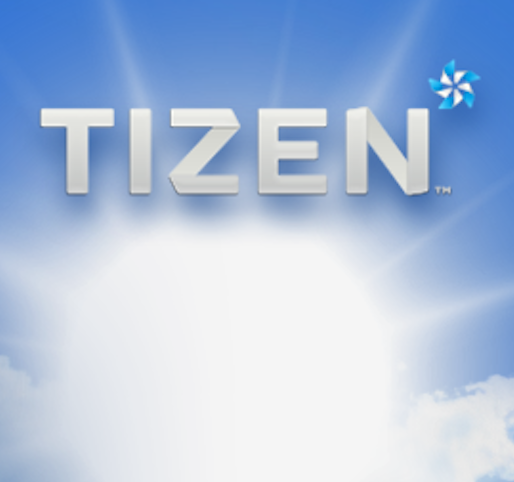Tizen is not just another wanna-be mobile platform, since its main backer is the world’s number one smartphone maker, Samsung. But the platform has taken its first major hit, as plans for its launch in Japan have been postponed indefinitely.
The major Japanese carrier NTT DoCoMo has announced it is punting on plans for a March rollout in that country of the first Tizen smartphone, because the market there is not growing fast enough — only about 2.2 percent — to warrant a third mobile OS after Apple’s iOS and Google’s Android.
Samsung is well aware of Android’s strength, given that nearly all of its phones run on that platform, and its Android devices account for over 60 percent of all of the Google iOS’s products.
But the South Korean phone maker is wary of being squeezed — Google is getting the search engine and much of the app-based traffic from Android, Chinese makers are coming out with cheaper models, and Google is releasing its own devices. Between Google and Apple, Samsung is essentially shut out of a relationship with an Android or iOS smartphone buyer after they purchase the device.
Will hurt ‘A little bit’
The setback in Japan comes just as Tizen was beginning to gain some momentum. Based on Linux, the OS has support from the Linux Foundation and promotion from the Tizen Association, whose members include NTT DoCoMo as well as Sprint, Intel and Vodafone. At the first Tizen developers conference in November, Samsung announced about three dozen partnerships for content development and a $4 million pot of awards for the best apps.
Ramon Llamas, a smartphone analyst with industry research firm IDC, pointed out to VentureBeat that “Japan is a mature market, and a saturated one, and neither Windows Phone nor BlackBerry have made much headway there.”
He added that, while NTT DoCoMo’s decision will hurt Samsung “a little bit,” he thought Tizen “still has potential, especially in the emerging markets.” But the crowding out of Tizen in Japan, Llamas noted, “has implications for Sailfish, Firefox OS, and Ubuntu,” three other mobile platform wannabes that do not have Samsung behind them.
VentureBeat's mission is to be a digital town square for technical decision-makers to gain knowledge about transformative enterprise technology and transact. Learn More

